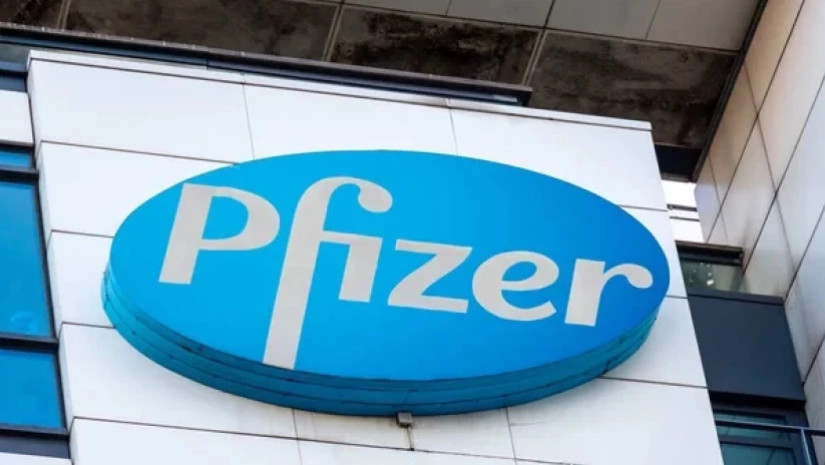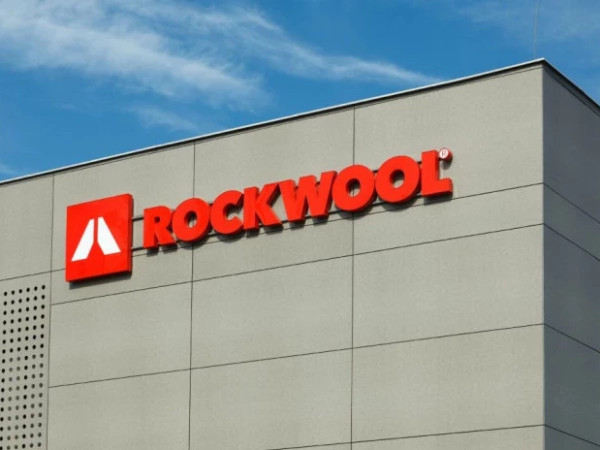Pfizer’s manufacturing operations in Europe could be negatively impacted if U.S. President Donald Trump imposes import tariffs on pharmaceuticals from the European Union, CEO Albert Bourla said in an interview with CNBC on Tuesday.
At the same time, Bourla noted that Trump’s recently imposed tariffs on China and the paused but looming tariffs on Canada and Mexico are not likely to impact Pfizer.
“We are waiting to see how that could play out with the tariffs in places that have not been announced yet,” Bourla said. “But so far, China, Canada and Mexico are not affecting us.”
The Pfizer website has a map showing more than 10 European locations for its global manufacturing network, including a site for complex sterile injectables in Algete, Spain, an oral solids manufacturing site in Freiburg, Germany, and a sustainable drug substance manufacturing site in Strängnäs, Sweden.
The company’s website contends that it invests more than $1 billion into its manufacturing sites annually. However, Pfizer is looking to significantly reduce its manufacturing costs over the next three years.
Bourla told analysts in December 2024 that the company is “already making progress” in realizing $1.5 billion in manufacturing reduction costs by the end of 2027. Announced in May 2024, Pfizer’s Manufacturing Optimization Program is an effort aimed at reducing its cost of goods sold with the goal of improving gross margin performance.
Pfizer CFO Dave Denton said the company is continuing to “aggressively control” its costs and achieve operational efficiencies, with the first phase of the Manufacturing Optimization Program expected to deliver initial net cost savings in the latter part of 2025.
“You’re seeing a partial benefit in '25. You’ll see more benefits as we wrap in '26 and '27,” Denton told analysts, while noting that “those savings get realized as we produce products into inventory and those savings become realized through the P&L [profit and loss] once we sell the inventory.”


















